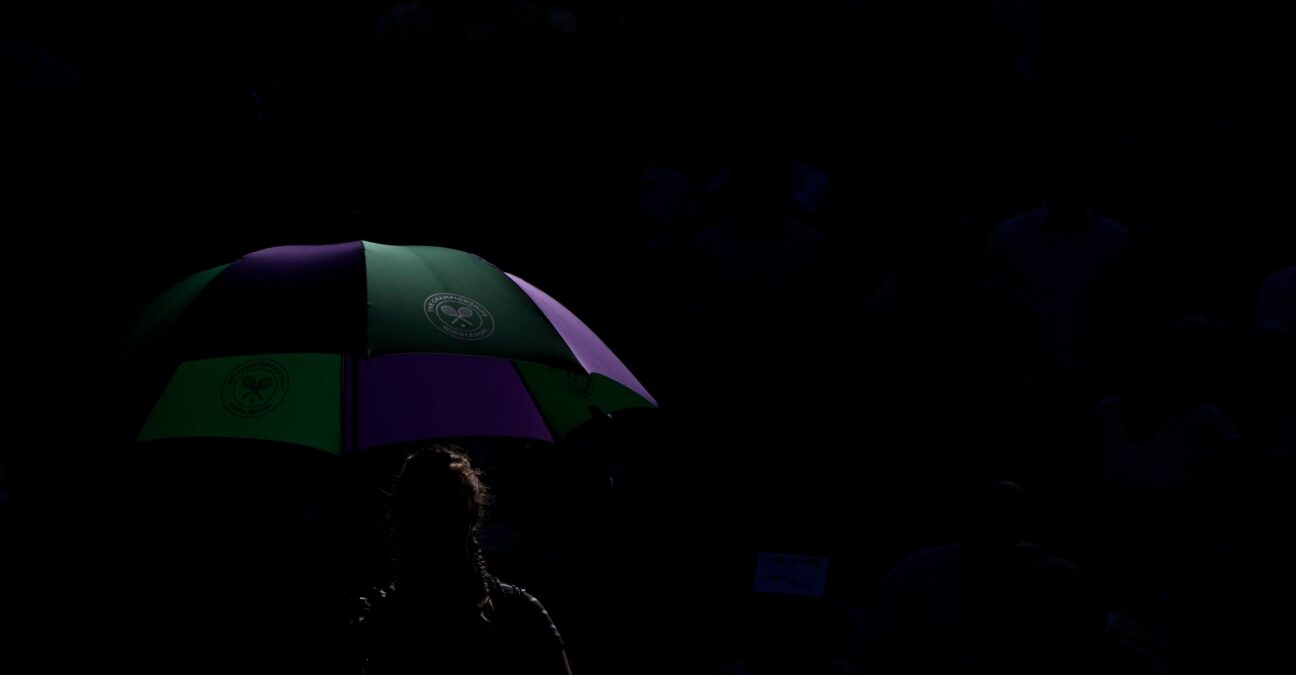Marion Bartoli: Wimbledon were left with no choice but to end ban on Russian and Belarusian players
In the latest edition of Match Points, the panel says Wimbledon was forced to change tack, thanks to a lack of support from the rest of the tennis world
 Wimbledon 2022 – © AI / Reuters / Panoramic
Wimbledon 2022 – © AI / Reuters / Panoramic
Wimbledon’s recent announcement that it would be lifting its ban on Russian and Belarusian players for the 2023 Championships was widely expected.
With the other three Grand Slam events not following suit in the aftermath of Wimbledon’s 2022 decision, and the fact that the ATP and WTA issued hefty fines and removed ranking points from the 2022 event, it would have been hard for Wimbledon to maintain its ban.
In the latest edition of Match Points, former Wimbledon champion Marion Bartoli – a member of the All England Club thanks to her 2013 win – said Wimbledon was left with no choice after the ATP and WTA threatened to remove the British pre-Wimbledon grasscourt events from the calendar if they tried to extend the ban to 2023.
“As a member I received that news probably a bit earlier than the press,” Bartoli says, of the decision to lift the ban, conditional on signing a declaration of neutrality and proving they are not in receipt of any government funding.
“They were put into a situation where they just couldn’t have the whole LTA circuit in the balance, that was too much to handle. That would take away a lot of opportunities for British players to play in the grasscourt season, with the wildcards and the possibility to earn some points.”
Bartoli pointed to the help that Emma Raducanu was given with a wildcard in 2021, the year she went on to win the US Open, highlighting the help that the Grand Slams give to home players.
But she also said the lack of backing from the rest of the tennis world had been key to Wimbledon’s decision.
“I think probably because they were the only ones standing behind that idea, they were just left with no solution,” she says. “They have tried their hardest but unfortunately they were left with no other options, it was just not possible for them to continue with the ban. Which is something I regret, obviously.
“But the WTA and the ATP, I am guessing, stands for the fact that every individual has the chance to compete, despite everything else, religion, nationality. Based on that you can’t just breach all these contracts, you can’t just breach all those rules. Wimbledon tried last year, they saw the results. They have been trying again this year but have left with no other choice.”
Cambers: “I think Wimbledon would have liked to keep the ban”
Cambers says he feels Wimbledon may have been minded to maintain the ban.
“It’s hard to be sure about this but I get the feeling that they would have liked to keep the ban going,” he says. “I may be wrong, but that’s what I think. The ATP and WTA fined Wimbledon and the LTA heavily and the real thing that forced Wimbledon’s hand this year is that they threatened to remove the sanction of the other grass events, Queen’s, Eastbourne. The Lawn Tennis Association probably couldn’t cope with that financially…but Wimbledon’s hand was forced, I feel like they didn’t want to do this.
“I would have liked tennis to have been more united on this initially and to have stuck with it. All team sports have banned Russian and Belarusian teams. What kind of message does it say to Ukraine and Russia when you just say, well, we’re an individual sport so we don’t fit into that, you can play?. I know of course it’s not the individual tennis players’ fault that their government invaded Ukraine, we all know that, but you’ve got to make a stand somewhere. Wimbledon tried to make a stand and they got punished for it. In this case, I think they tried to do the right thing and they felt let down by the lack of support they got.”
Rothenberg: “Nonsense” to play under a neutral flag
“Rothenberg says he feels playing under a neutral flag is “nonsense”.
“Everyone knows they are still Russian or Belarusian. These victories are still being celebrated in their countries. It doesn’t do anything to diminish (things),” he says.
“I would require all players to have a valid country next to their name. If the Belarusian, Russian players want to keep playing, they can pick a new country. So many of them already live outside Belarus or Russia, some of them have deep ties (to other countries).”












